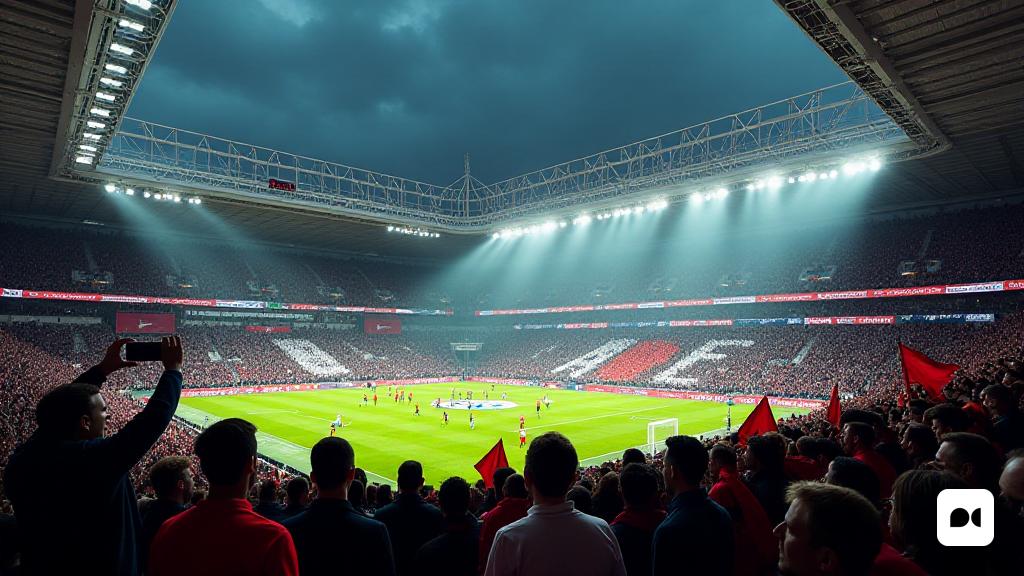Shifting Dynamics in English Football
As the Europa League clash between Tottenham Hotspur and Manchester United unfolds in Bilbao, a significant transformation is brewing beneath the surface of English football. The Premier League, once dominated by a select few clubs, is witnessing a remarkable shift in competitiveness, driven by the ambitions of mid-table teams eager to ascend the ranks.
Emerging Contenders and Established Giants
The presence of clubs like Aston Villa and Newcastle United, who are beginning to challenge the traditional elite, signals a departure from the once predictable hierarchy. While Manchester United struggles to find its footing, the aspirations of these clubs become more palpable, suggesting that the landscape of English football is evolving.
Financial Implications of European Competition
The financial stakes of European football have never been higher. Clubs that qualify for the Champions League not only gain prestige but also significant revenue, with estimates ranging from £30 million to upwards of £150 million depending on their progress. This influx can alter the trajectory of clubs and their ability to attract top talent.
The Rise of Mid-Table Ambitions
The mentality among mid-table teams has shifted dramatically. Clubs that once aimed merely for survival are now eyeing European qualifications. With teams like Wolverhampton Wanderers and Everton adjusting their strategies, the competition has become fiercer, and the once-stable hierarchy is at risk of crumbling.
A New Competitive Landscape
The rise of clubs like Crystal Palace, who have maintained a steady performance in the league, and Nottingham Forest, who have captured attention with their impressive squad, illustrates the changing tide. The newfound ambition and financial backing of these clubs challenge the established order, indicating that the traditional ‘Big Six’ could soon be overshadowed.
Challenges Facing the Established Order
Manchester United’s recent decline raises questions about their future in European competitions. Their failure to secure a place in the Champions League for the first time in a decade is a stark warning. With financial difficulties compounded by poor performances, the Red Devils face a crucial turning point that could define their trajectory in the coming years.
The New Reality for Major Clubs
The shifting dynamics have left many clubs questioning their status. The once-assured dominance of the traditional powerhouses is increasingly vulnerable. As clubs like Chelsea and Arsenal grapple with inconsistent performances, the definition of success in the Premier League is becoming more nuanced and competitive.
A Future of Uncertainty and Opportunity
As the Premier League evolves, the potential for disruption in the established order becomes more tangible. With mid-table teams strengthening their squads and displaying newfound ambition, the next season promises to be one of unpredictability. The traditional giants must adapt or risk being left behind in a league where ambition and strategy reign supreme.
In this new era of English football, the gap between the elite and the aspiring is narrowing, signaling a potential renaissance for the league. As clubs recalibrate their goals and strategies, the narrative of the Premier League is set for a captivating chapter, where every match could redefine the future of football in England.

